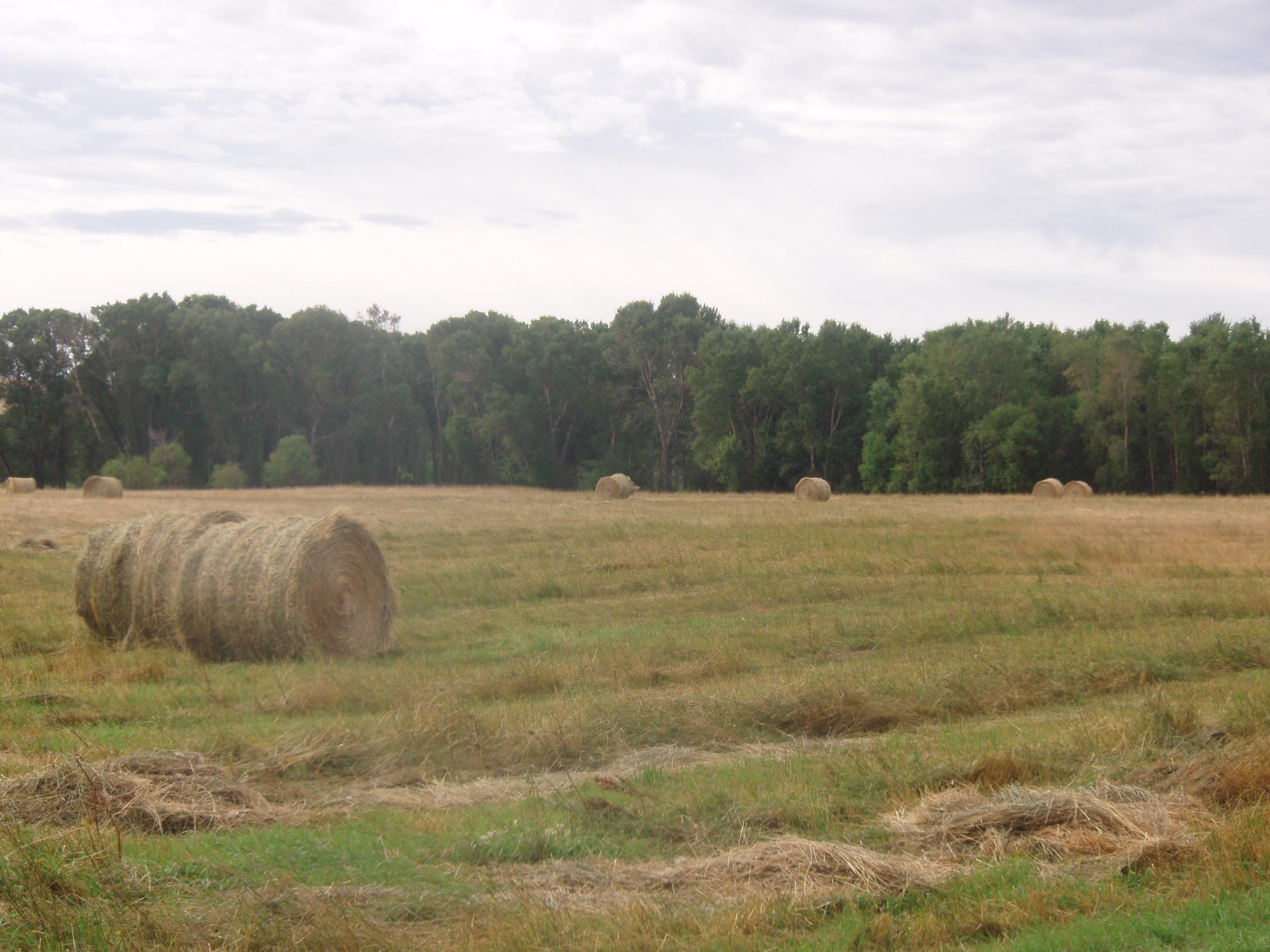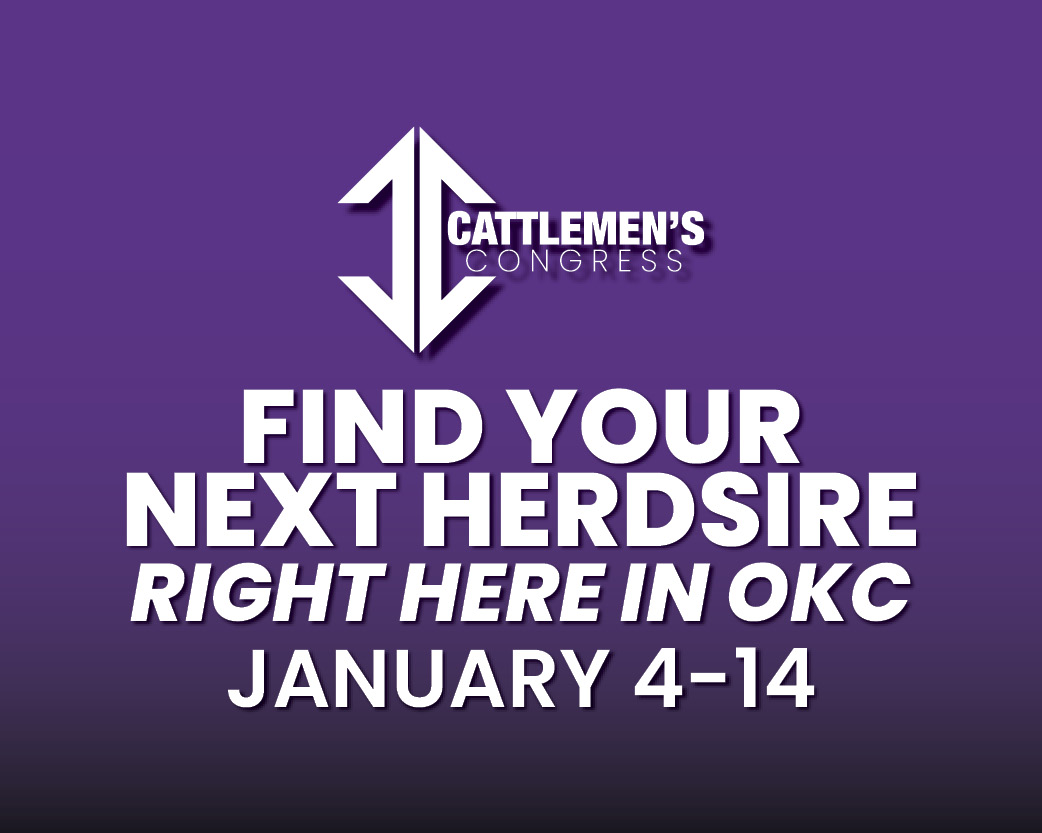
Agricultural News
OSU's Glenn Selk Talks About How to Reduce the Amount of Mold in Your Hay
Tue, 04 Jun 2019 16:51:18 CDT
 Dr. Glenn Selk, Oklahoma State University Emeritus Extension Animal Scientist, offers herd health advice as part of the weekly series known as the "Cow Calf Corner" published electronically by Dr. Peel and Dr. Glenn Selk. Today, Dr. Selk offers tips to reduce mold in your hay.
Dr. Glenn Selk, Oklahoma State University Emeritus Extension Animal Scientist, offers herd health advice as part of the weekly series known as the "Cow Calf Corner" published electronically by Dr. Peel and Dr. Glenn Selk. Today, Dr. Selk offers tips to reduce mold in your hay.
"Heavy, flooding rainfall has left many hay storage areas in standing water or at best on wet, soggy ground. Wet hay will consistently become moldy hay and present difficult decisions for the cattle producers that planned on feeding that hay. All hay contains some mold, but when mold becomes noticeable the decisions become important.
"Usually, mold makes hay less palatable, which can result in lower intake or in animals refusing to eat the hay. Poor weight gains or loss in body condition may result from the lack of nutrient intake. Many other problems from mold occur because of mycotoxins produced by certain mold fungi. This also is part of the decision problem since not all molds produce mycotoxins and the amount produced by those that do is unpredictable. Mycotoxins are not part of the mold, but the molds produce a toxin that is specific to that mold. There are hundreds of strains and each is unique. Ruminants are more resistant to mycotoxins, but they could cause decreased feed intake, immunosuppression, liver disease, infertility or abortion.
"Direct negative effects of moldy hay are difficult to document. Horses are more sensitive to mold than ruminants such as cattle. For instance, mold spores often contribute to respiratory and digestive problems like colic or heaves in horses. Cattle apparently are less affected by mold, but certain molds can cause mycotic abortions or aspergillosis. Aspergillosis is an infection caused by the fungus Aspergillus that usually affects the lungs.
"People, too, can be affected by mold spores which cause a condition called "farmer's lung" where the fungus actually grows in lung tissue. So try to avoid breathing in many of these spores.
"The best course of action often is to minimize feeding moldy hay to more sensitive animals, like horses or pregnant cows. Lactating dairy cows should never be fed moldy feeds to avoid any trace of mycotoxins in milk. If at all possible, use other feedstuffs for pregnant beef cows and heifers. Using the moldy hay as erosion control in new washouts may prove more valuable than feeding it and potentially causing abortions. Mixing moldy hay with other feedstuffs can dilute problems sometimes, but be careful that you don't make your animals sick by tricking them into eating bad hay that they normally would refuse.
"Mold is a difficult problem to deal with. Common sense and good observation often are your best decision aids. Consult with your large animal veterinarian for assistance with decisions concerning feeding or testing moldy hay."
WebReadyTM Powered by WireReady® NSI
Top Agricultural News
More Headlines...





